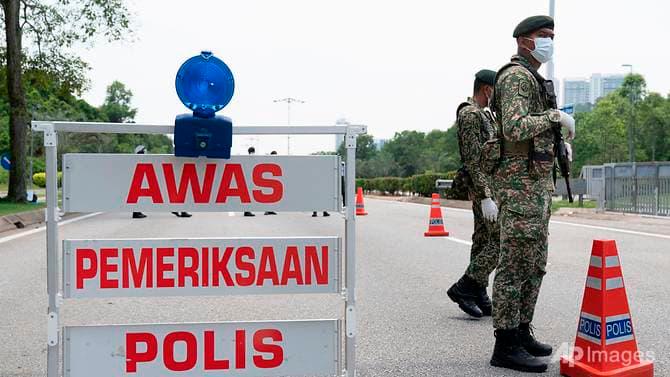PETALING JAYA: The current Covid-19 situation in the country does not yet call for stricter regulations despite an increase in the number of cases linked to the Sivagangga cluster, which has now spread out of Kedah.
Experts who spoke to theSun claimed the situation is still within the government’s control, and that any imposition of a nationwide lockdown or even an interstate travel ban would be excessive.
They claimed that the current policy for imposing a targeted enhanced movement control order (EMCO) only in specific areas with a high number of cases was sufficient.
Universiti Malaysia professor of epidemiology and public health Dr Sanjay Rampal said reintroducing a lockdown similar to the first phase of the MCO too soon could result in high economic costs, with little health benefits.
“In my opinion, there is no need for an interstate travel ban. The Health Ministry is still able to address this outbreak, which is within its capacity.
“For now, our prevention strategies should be dynamic, and be able to react to the community transmission at smaller geographical areas, like what is being done under EMCO,” he said yesterday.
However, Sanjay added that taking stricter measures too late could result in the public healthcare system being overwhelmed by the number of cases, leading to higher morbidity and mortality.
As such, he said any decision on when to impose the next lockdown should take into account the capacity of the nation’s healthcare.
Noting that Malaysians will continue to be susceptible to Covid-19, with a risk of future outbreaks from imported cases, Sanjay said the government should be better able to identify such cases with good border controls and strict entry restrictions.
“I think Malaysians should start to accept that there will always be a baseline risk of getting Covid-19. The virus is unlikely to disappear. Accepting this risk allows for better informed decisions and policies,” he added.
Malaysian Wellness Society president Datuk Dr Rajbans Singh said any consideration for such action should only be given when the daily number of cases hit three digits.
The consultant physician said that cases had not spiked during the Hari Raya Aidiladha period, and that proved that even an interstate travel ban was not necessary.
“I think it’s too early to impose such restrictions. The Sivagangga cases are just one cluster. Otherwise, I would say we have done quite okay.
“Most countries only impose a lockdown when the number of cases spike to three digits. Here, we haven’t reached that point yet. I think the targeted EMCO is good enough,” he said.
Recently, several countries have had a second wave of the coronavirus and have or are considering imposing stricter restrictions or even lockdowns.
Australia announced a state of disaster in Victoria and imposed its strictest restrictions, while the Philippines imposed a lockdown in and around Manila after a spike in cases.
Malaysian Medical Association president Dr N. Ganabaskaran said there is no need for Malaysia to panic, noting that daily cases continue to be in the single or lower-double digits.
He said if anything, it is the duty of those who have been to the nasi kandar restaurant in Jitra, where the Sivagangga cluster originated, to come forward and go for screening, to avoid further infections.
“The government has done enough but if people don’t listen and get tested, and another ‘super spreader’ from the cluster emerges, then of course the government has no choice but to take stricter actions. But for now, don’t panic.”
Read this story in theSun’s iPaper:














